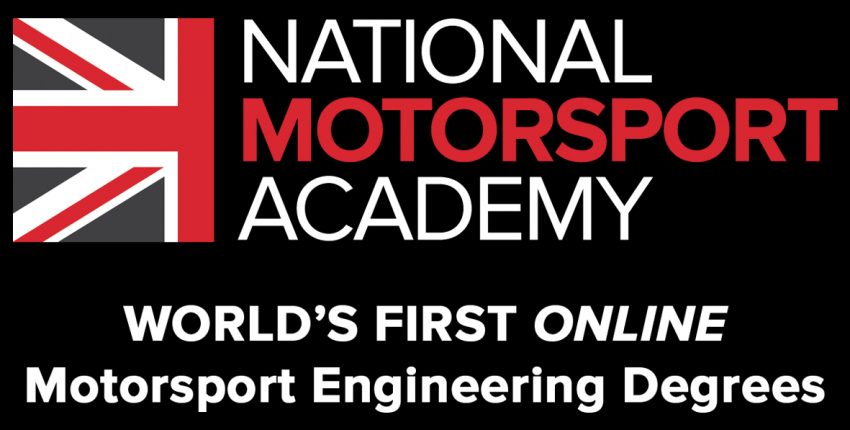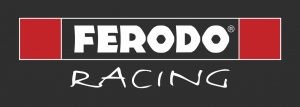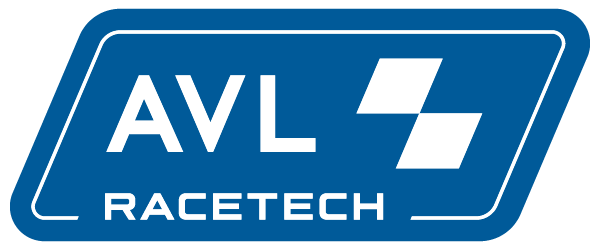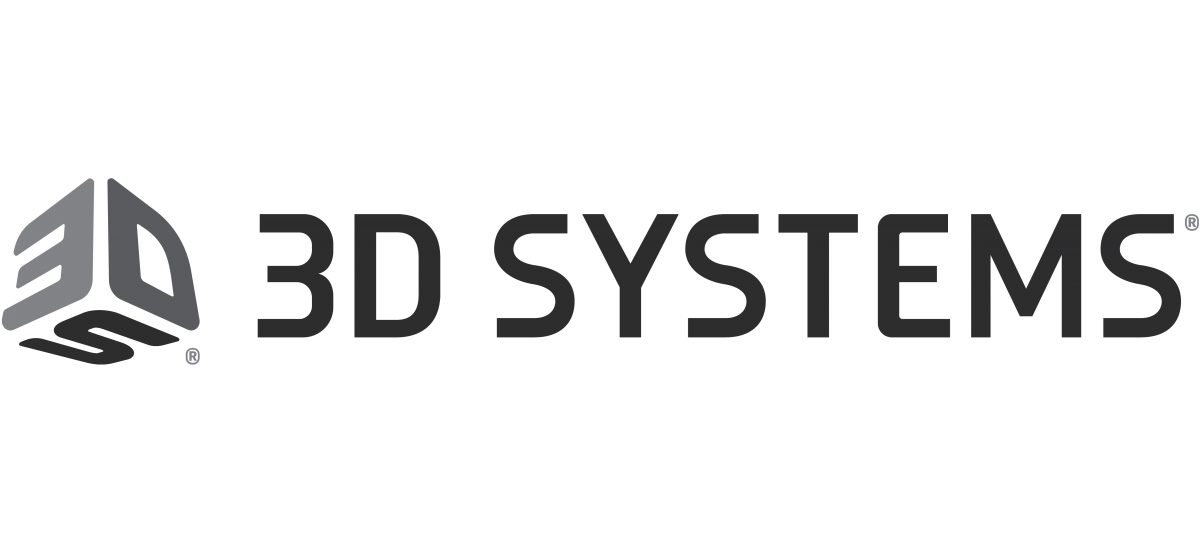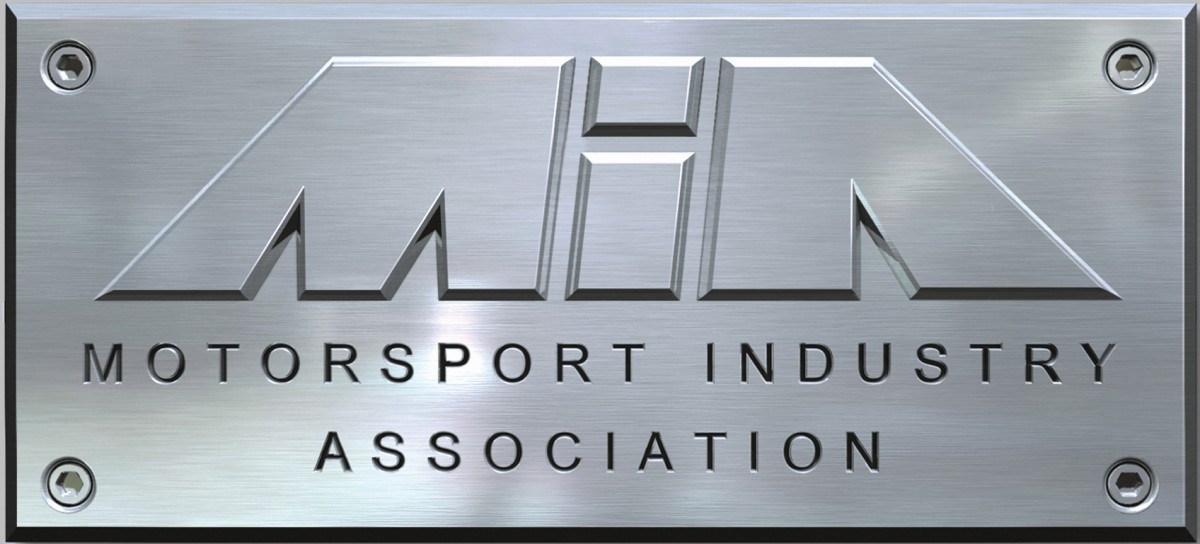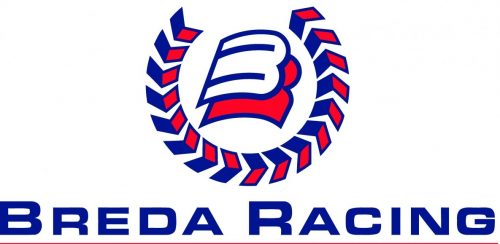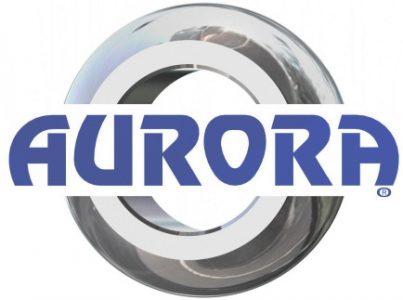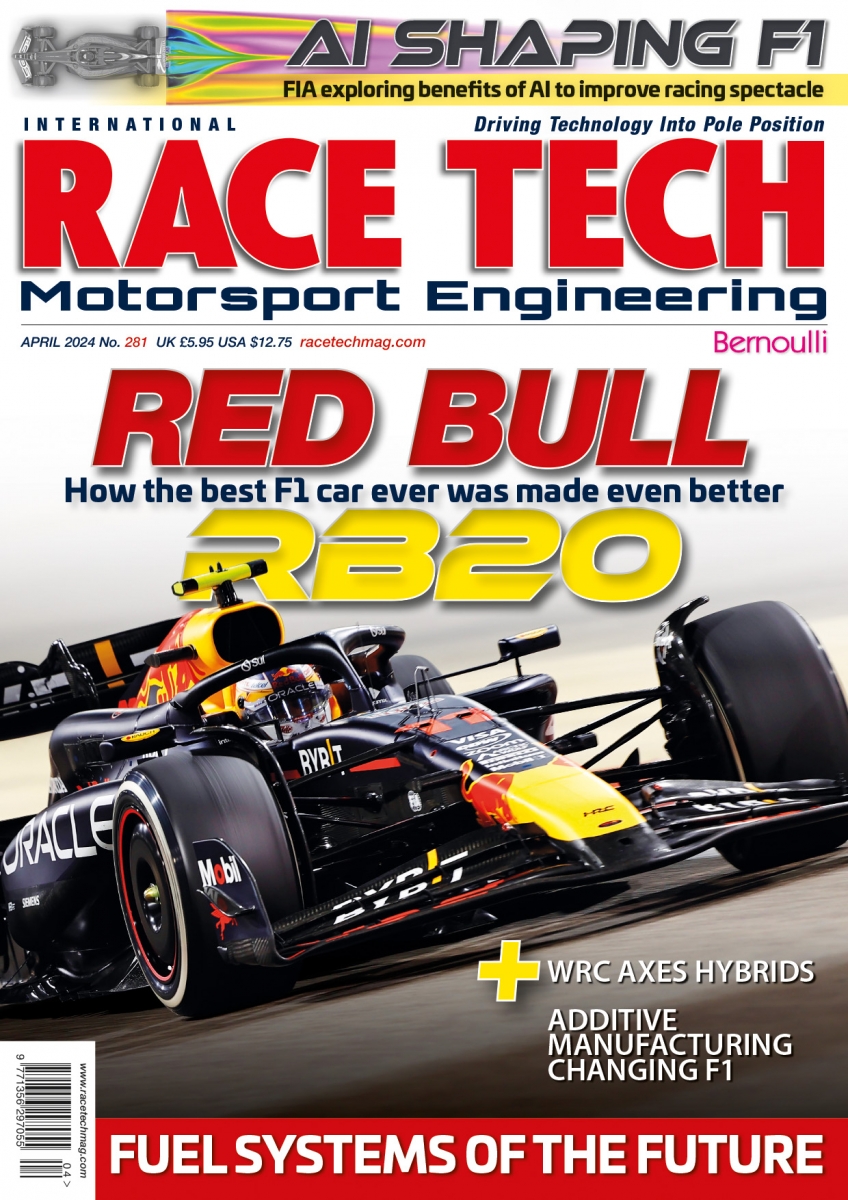Electrification Roadmap – An interview with Luke Barker
Electrification and autonomous vehicles have been dominating the automotive news for the past few years, and are set to gather speed as regulatory and industry challenges are confronted. Luke Barker, Technical Director at Integral e-Drive explains how they are addressing these challenges.
How has the Powertrain agenda changed in the past decade?
Over the last decade the European agenda has become increasingly dominated by continued downward pressure on controlled emissions alongside really substantial CO2 reductions. These are measured on legislated cycles and driven by an extremely aggressive taxation regime. Up to now this has been reflected across other key markets but with a few years difference in where they are in the process.
This has driven engine trends such as dieselisation with increased aftertreatment requirements. For gasoline it has driven turbocharging and downsizing. It has also driven multi-speed auto transmission technologies and a degree of electrification.
However, more recently it has become clear that, in a massively competitive sector like automotive, things that don’t add value to the customer or are not legislated, don’t exist. So as it comes to light that controlled emissions in urban centres are not going down in line with legislated values, off-cycle emissions or so-called RDE is becoming a major focus. This is a bit of a game changer and only now are we starting to understand what it means.
How quickly will the industry shift towards EVs?
A few years ago I would have expected the pace of change to be much lower than forecast as often seems to be the case with change. I guess agents of change are served by aggressive projections whereas industry inertia is generally opposing this!
In Europe though, the RDE and diesel situation really may change this. If the bad press around diesel continues, customers will be concerned (for example) they may be banned from key urban centres and that this could even be done locally by Mayors much more quickly than a central government type approach. Some OEMs are already saying they are now developing their final IC engine family and given this sort of backdrop it is a brave OEM that would now engineer a new diesel range so even the fear itself may drive the same result; less diesels.
If Diesel take up does fall substantially, this leaves a big hole in OEM CO2 strategy and the clear way through it is to increase PHEV and BEV take up. There seems to be a building momentum in this direction.
For the US, the situation could be radically different. There is no real diesel passenger car presence in the US and the journey profiles are less amenable. Also the current legislative mood music is not as supportive of EV.
For China there will clearly be a more centrally driven approach but there is a good strategic fit for them to move in this direction.
Ultimately OEMs have to persuade people to buy their offerings though by making great products and dealing with concerns like range anxiety, re-charging infrastructure and battery life etc.
How will e-Drive systems evolve over the next decade?
Computational power and the performance of electronic components have been on a massive growth curve and Premium motorsport activity has really played a substantial part in accelerating development of mechanical, thermal and electromagnetic technologies to utilise these.
There is already in progress a bow wave of exciting premium automotive products where pushing the limits of efficiency and power density directly improves the product and its attractiveness. I see that this will continue. Another market where ultimate performance is sought is aerospace and e-Drive activity in this area is really accelerating.
Inevitably in high volume the material and process costs will be driven down over time but making the best use of material and integrating the drive effectively into the powertrain will be the general direction.
How is Integral e-Drive supporting this shift?
We are in this at both ends. We have very strong business in the premium sectors with machines offering >98% efficiency and global leadership in power density and rotational speed capability. We see being the best here is important to who we are and being the go-to people for premium e-drives.
At the other end we have recently engineered a high volume 48V automotive motor with integrated inverter and controls designed for production at over 0.5M units per year.
A key differentiator for us is that we can generally provide a much closer match to requirements than our competitors and this is driven by the use of scalable core technology.
How important is it to secure a share of future EV markets now?
I think for the bow wave the leaders are already making motors. We started our first clean-sheet production job for a premium PHEV in 2010 and finished producing these motors in 2016; perhaps the first independent to deliver such a project. This started a momentum that continues to build as there is incentive for clients to use companies that have a track record and the margins allow us to invest in R&D to maintain technical leadership.
How will e-Drive systems evolve over the next decade?
Our target is to continue to develop our technology to enable us to offer a better match to our client’s needs enabling their products to be the best they can. Our use of scalable core technology is a vital part of this as is a built-in innovation and continuous improvement culture. We will continue to test ourselves against the highest performing drives in the most demanding markets from premium automotive and motorsport to aerospace.
What are the key drivers for Integral e-Drive’s future success?
Engineering leadership, the confidence to engineer from first principles and to make innovative products that are dependable and are a better solution than our competitors; these are what got us to be where we are today. More recently we have embraced a ‘scalable core technology’ ethos which embeds knowledge and efficiency improving responsiveness and quality from concept through the supply chain and validation into manufacturing.
“We are going to see some amazing new products – much better than we can probably envisage today and we see ourselves as a key part of helping our clients engineer that vision… Across the group we are engineering the future”
Click here to return to Integral Powertrain profile




